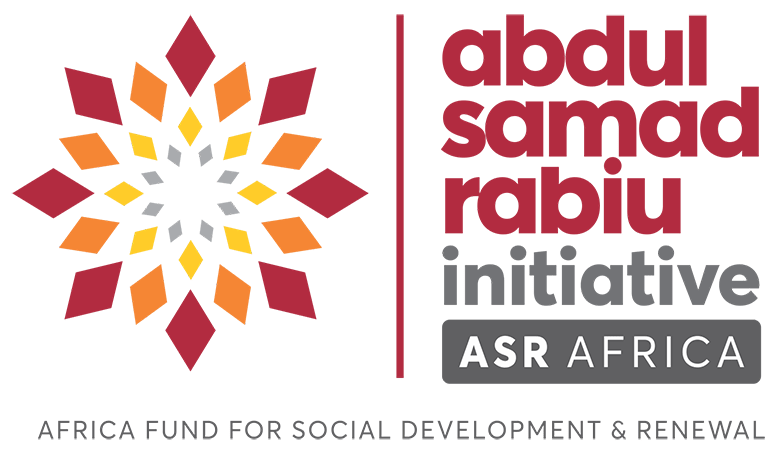Prominent Sunni leaders in Iraq are calling for a comprehensive national dialogue to address the country’s mounting political tensions and prevent further instability. This call comes at a time of shifting regional dynamics, particularly with developments in neighboring Syria.
Salih al-Mutlaq, former Deputy Prime Minister of Iraq and a key Sunni political figure, emphasized in an interview with VOA Kurdish that Iraq faces a precarious trajectory. He stated: “The country is heading in the wrong direction. Decades after the fall of the Baath regime, corruption and partisan fragmentation have paralyzed progress. There is no clear future for the next generation.”
The recent developments in Syria—including the fall of regions to groups like Hayat Tahrir al-Sham—have raised concerns among Iraq’s Sunni leadership. In a joint statement, prominent Sunni leaders such as Mahmoud al-Mashhadani (former Speaker of the Iraqi Parliament), Osama al-Nujaifi, and Salim al-Jubouri echoed these fears, warning that Iraq is under immense regional and domestic pressure.
READ MORE: Islamic State Eyes Resurgence Amid Syria’s Uncertain Future
The statement highlighted that although terrorism in Iraq has been largely subdued, the root causes of extremism remain unaddressed. “We urge all political factions to engage in an inclusive national dialogue that involves all segments of Iraqi society to resolve the current challenges and prevent the country from sliding into deeper crises,” said al-Mutlaq.
Political and Sectarian Divisions
The call for dialogue comes as Iraq grapples with internal divisions. While the Shiite-dominated government maintains strained relations with various militia groups, tensions between Kurdish, Sunni Arab, and Shiite factions remain high. Sunni leaders have expressed concerns over political marginalization and increasing sectarian divides.
“We have consistently warned the current leadership that the status quo is unsustainable,” al-Mutlaq added. “Political reforms must be enacted before larger crises emerge that could harm everyone involved.”
Concerns Over Syria’s Spillover Effect
Regional developments in Syria, particularly the conflict’s ongoing fragmentation, have heightened concerns in Iraq. The country’s 600-kilometer border with Syria remains a significant security risk. Although the Iraqi military has fortified parts of the border with concrete barriers, trenches, and surveillance systems, Shiite leaders continue to fear the spillover of instability.
Shiite factions, including leaders aligned with Iran-backed militias, have increased their presence along the Syrian border to prevent cross-border insurgencies. In contrast, Sunni factions remain wary of what they perceive as the militarization of Sunni-majority areas.
Fears of Political Instability
Abdulrahman al-Jazaeri, a senior political leader associated with Nouri al-Maliki’s coalition, acknowledged widespread fears of political upheaval in Iraq. “There is a real concern about a coup or a destabilizing political shift. Coordination frameworks and the current government are well aware of these threats,” he stated.
While Shiite leaders have largely supported Iran’s efforts to stabilize the Syrian regime, divisions persist within Iraq’s Shiite factions. Some political figures reject Iran’s influence and call for a more neutral Iraqi stance in regional conflicts.
An Urgent Call for Dialogue
Al-Mutlaq reiterated that Iraq’s political leaders must prioritize national interests over regional alignments. “The country cannot continue like this. Aligning too closely with external powers will only deepen internal divisions,” he stressed.
The joint Sunni statement reflects both frustration and urgency as Iraq navigates its complex political landscape. While some Sunni leaders welcome the changes unfolding in Syria, Shiite factions remain cautious, fearing that regional instability could reignite sectarian conflict in Iraq.
“Iraq’s political scene is on the brink of transformation,” al-Mutlaq concluded. “The time for reforms is now. Dialogue and collective action are the only paths forward to ensure stability and prosperity for the Iraqi people.”



